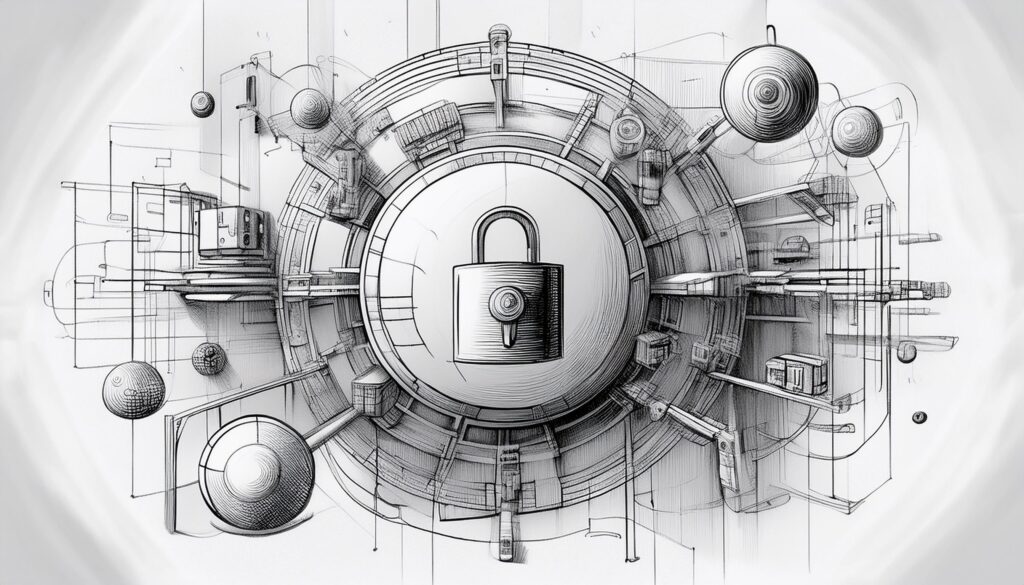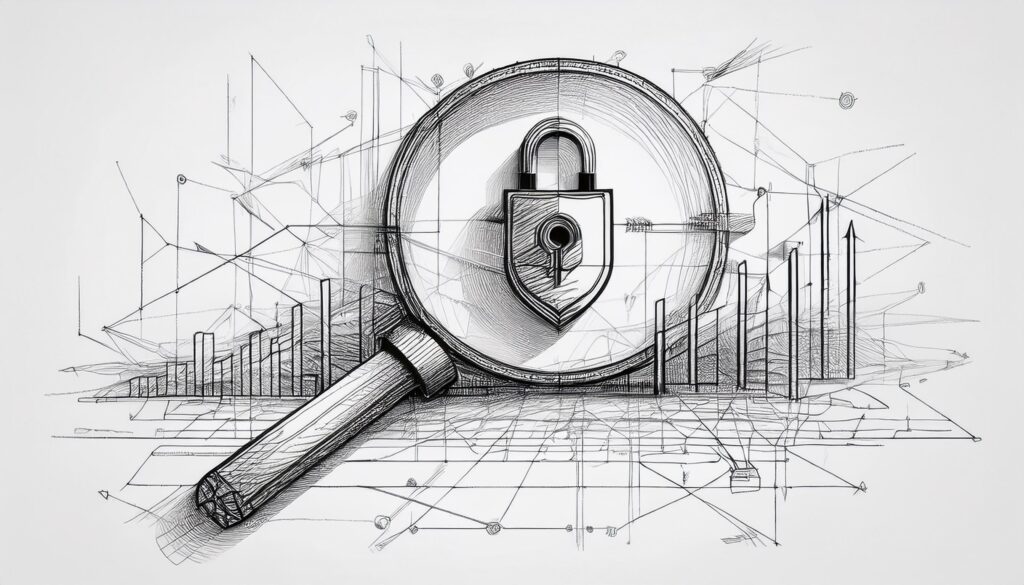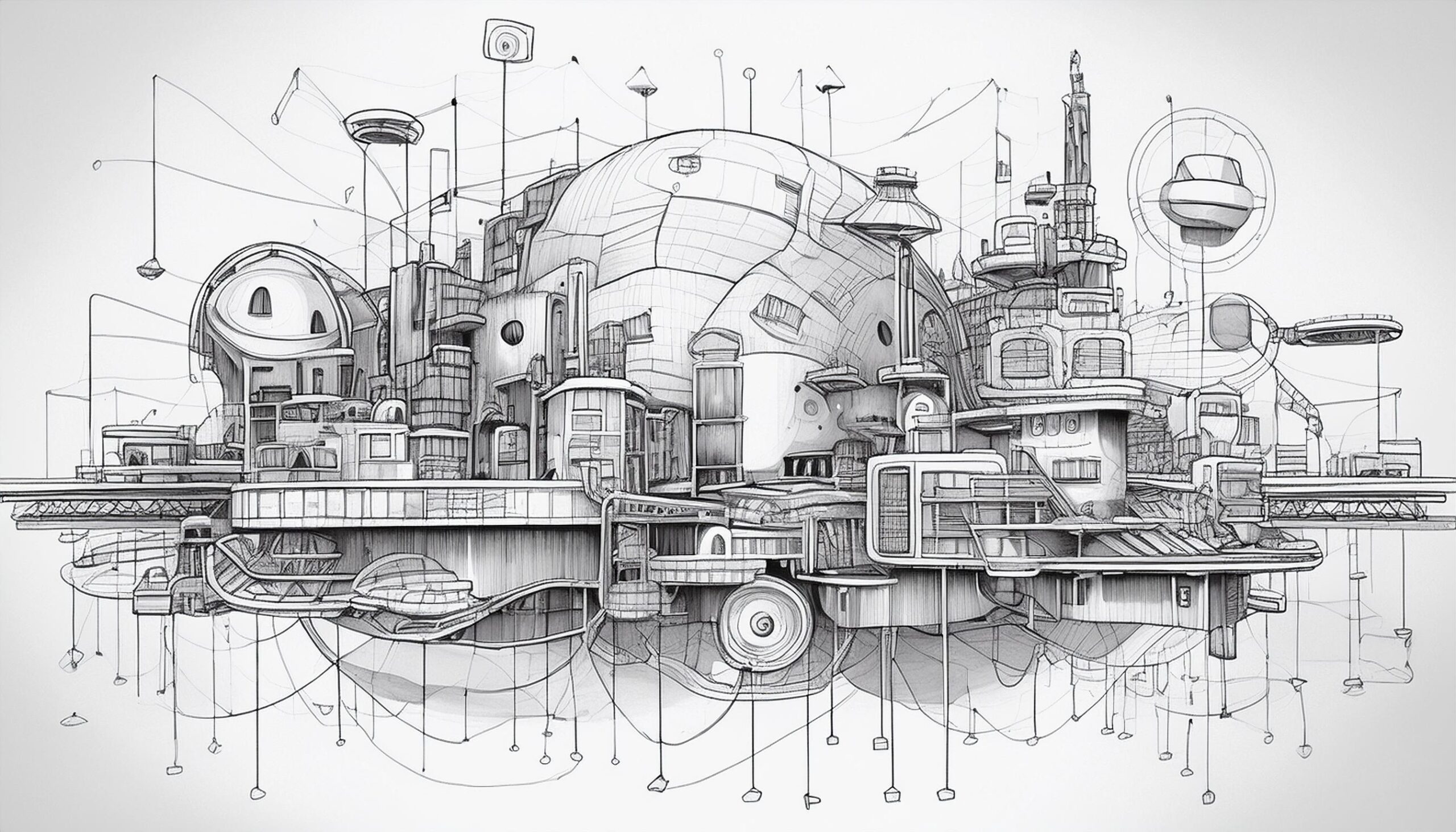The New Roles, Risks, and Rewards of AI in Cybersecurity
| By Uday Annavarapu |
Artificial Intelligence (AI) is revolutionizing cybersecurity by equipping organizations with sophisticated tools for identifying, preventing, and addressing cyber threats. While AI strengthens defenses, it simultaneously brings about new challenges and dangers.
The ever-evolving landscape of cyber threats has prompted organizations to integrate AI and Machine Learning (ML) into their cybersecurity approaches. These technologies offer robust capabilities in threat detection, anomaly recognition, and automated response, establishing themselves as vital resources against cybercrime. Nonetheless, the growing dependence on AI in cybersecurity brings risks, such as possible adversarial attacks and ethical dilemmas.

AI and Machine Learning in Cybersecurity
AI has revolutionized threat detection and prevention by analyzing vast data sets to spot patterns that traditional security methods might miss. AI-based systems for threat detection can adjust to new threats, enabling proactive defenses against emerging tactics used by cybercriminals. AI-driven automated response mechanisms react promptly to counteract threats, reducing potential harm by isolating compromised devices, blocking malicious IPs, and reversing changes made by ransomware autonomously. Additionally, AI’s predictive analytics enable organizations to anticipate and manage future threats by examining historical data and spotting trends.
Potential Risks of AI in Cybersecurity
Although AI offers considerable benefits in cybersecurity, it also introduces risks. Adversarial attacks, where attackers manipulate AI to produce incorrect outputs, pose a growing threat. Such attacks exploit weaknesses in AI models, leading to data misclassification or undetected threats. Furthermore, the application of AI raises ethical and privacy issues, as AI systems often need access to large data sets, which could infringe on privacy and elicit concerns about surveillance. Overdependence on automation also causes a false sense of security since AI systems, while advanced, are not foolproof and necessitate human oversight for addressing complex threats.

Mitigating AI-Related Risks
To counteract the risks associated with AI in cybersecurity, organizations should emphasize rigorous testing of AI systems to ensure resistance against adversarial attacks. Combining human expertise with AI tools is vital, merging AI’s efficiency with human cybersecurity professionals‘ critical insight and flexibility. Ethical AI frameworks are also crucial in promoting responsible data use and ensuring transparency and accountability in AI-driven cybersecurity efforts.
Charting AI’s Cybersecurity Future
AI is likely to be a key element in the future of cybersecurity, offering sophisticated tools for identifying and preventing threats. Nevertheless, deploying AI in cybersecurity necessitates careful consideration of the associated risks and ethical concerns. Organizations can leverage AI’s full potential while mitigating its risks by integrating AI’s capabilities with human expertise and ethical oversight.




